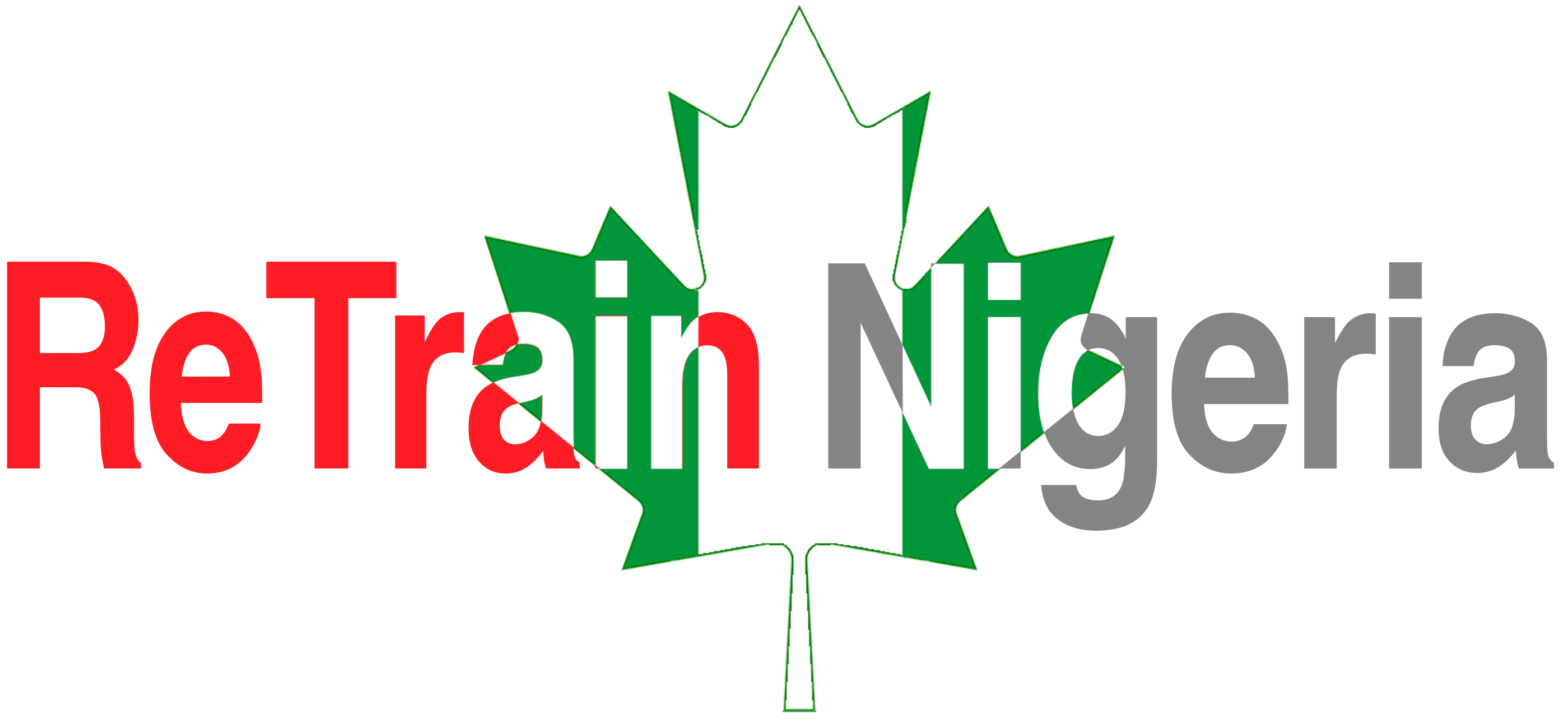What You Need to Know Before Becoming a Bookkeeper
Bookkeeping can be a rewarding and stable career, with opportunities to work in various industries or even remotely. As a bookkeeper, you’ll be responsible for managing a company’s financial records, ensuring that transactions are accurately recorded and helping to maintain financial order. If you’re considering becoming a bookkeeper, here’s what you need to know before diving in.
- Understanding the Role of a Bookkeeper
Bookkeepers handle daily financial transactions and record-keeping for businesses. Key responsibilities include:
- Recording income and expenses
- Managing accounts payable and accounts receivable
- Reconciling bank statements
- Generating financial reports
- Handling payroll and tax documents (in some cases)
Bookkeepers keep the financial side of a business running smoothly by ensuring accurate records are maintained. These records are then used by accountant managers and owners to make informed business decisions.
- Essential Skills for a Bookkeeper
While bookkeeping doesn’t require a formal degree, there are several critical skills you’ll need to succeed:
- Attention to Detail: Small errors can have a big impact, so accuracy is essential.
- Mathematics and Analytical Skills: You’ll need a solid grasp of numbers and the ability to analyse financial information.
- Organisational Skills: Managing financial records and documents requires effective organisation and time management.
- Computer Literacy: Proficiency with bookkeeping software and spreadsheet programmes like Excel is essential.
- Communication Skills: Clear communication with clients or employers is crucial, as you’ll often need to explain financial matters to those without a finance background.
- Bookkeeping vs. Accounting: Know the Difference
It’s essential to understand the distinction between bookkeeping and accounting, as they are related but separate roles.
- Bookkeepers handle the daily recording of financial transactions and maintain organised financial records.
- Accountants analyse and interpret financial data, prepare tax returns and offer strategic advice.
Bookkeepers can move into accounting roles with additional training and education, but their primary function is record-keeping rather than financial analysis.
- Getting Qualified as a Bookkeeper
While you don’t necessarily need a college degree to become a bookkeeper, training and certification can improve your job prospects:
- Certification Programs: Certification can help you stand out in a competitive market. Some recognised programs include:
- Certified Bookkeeper (CB) through ReTrain Nigeria.
- Online Courses and Diplomas: At ReTrain Nigeria, we also offer bookkeeping courses, which cover the basics of accounting, financial reporting and business law.
- Know the Tools of the Trade
In addition to understanding basic accounting principles, bookkeepers should be familiar with digital tools to streamline the job. Some of the most popular tools include:
- QuickBooks: Widely used for tracking income and expenses, invoicing and financial reporting.
- Xero: Another popular choice, especially for small businesses, with features like bank reconciliation and expense tracking.
- Excel: Strong spreadsheet skills are essential, as Excel is used frequently for data entry, analysis and financial reporting.
- Payroll Software: Some bookkeepers handle payroll, so familiarity with software like Gusto or ADP is a plus.
- Choosing Your Work Environment: In-House vs. Freelance
Bookkeepers have the option to work in various settings, each with its own pros and cons:
- In-House Bookkeeping: Working in-house for a single employer, like a corporation or small business, provides a stable income and often includes benefits. In-house bookkeepers handle the day-to-day financial management for that specific organisation.
- Freelance Bookkeeping: As a freelancer, you can work for multiple clients, often from home, giving you more flexibility. Freelance bookkeepers need to market their services and manage multiple clients, which can be rewarding but may require added time for client management and self-promotion.
Consider which environment suits you best based on your career goals and preferred work-life balance.
- Typical Day-to-Day Tasks
It’s helpful to know what the average day looks like for a bookkeeper. Tasks may include:
- Inputting daily transactions into accounting software
- Reconciling bank and credit card statements
- Preparing invoices and following up on payments
- Processing payroll, if part of the role
- Reviewing financial statements for accuracy
- Meeting with clients or employers to review financial data
Being organised is critical, as bookkeepers often manage multiple tasks to ensure financial records are current and accurate.
- Pros and Cons of a Bookkeeping Career
Pros:
- Stable Demand: Most businesses need bookkeeping, which means consistent demand for these services.
- Flexibility: With the rise of remote work, bookkeeping can be done from anywhere, making it an ideal career for those seeking flexibility.
- Room for Growth: You can expand your services, specialise in a niche, or even transition into accounting with further education.
Cons:
- Repetitive Tasks: Many bookkeeping tasks are routine, which may feel repetitive for some.
- High Responsibility: Mistakes in bookkeeping can have significant financial implications, so accuracy is essential.
- Potentially Long Hours: During tax season or month-end, bookkeepers may work longer hours to meet deadlines.
- Networking and Building Your Client Base
If you plan to freelance, building a network is key to attracting clients. Here are some ways to expand your reach:
- Attend Industry Events: Conferences and workshops are excellent for meeting potential clients or learning about job openings.
- Leverage Social Media and Online Platforms: Platforms like LinkedIn, Upwork and Freelancer can help you find clients and showcase your skills.
Conclusion
Bookkeeping offers a promising career path with opportunities to work in various industries or even run your own business. While it requires attention to detail, strong organisational skills, and a commitment to continuous learning, bookkeeping can provide both stability and flexibility. By understanding the role, developing your skills and choosing the right work environment, you’ll be well-prepared for a successful career as a bookkeeper. Whether you’re looking for an in-house position or aiming to become a freelance bookkeeper, careful preparation and dedication can lead to a rewarding career.

